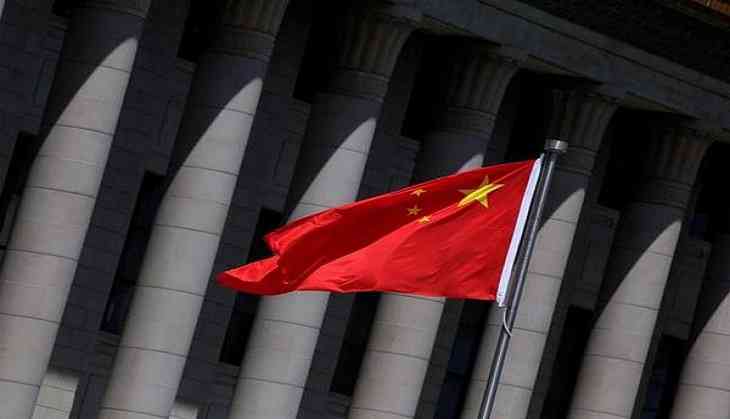
Australia's canelling of the controversial Belt and Road (BRI) agreement with China citing the deal as against its national interest, has posed as a 'loss of face' for President XI Jinping and could prompt other countries to back away from similar deals.
Last month, the Scott Morrison government scrapped the agreement signed between the state government of Victoria and the National Development and Reform Commission of China, which was signed on October 8, 2018. It also cancelled a framework agreement signed between the two sides on October 23, 2019.
Australian Foreign Minister Marise Payne said that the BRI deal has been cancelled under the Commonwealth's new foreign veto laws. The cancellation could also mean an end to further Sino-Australian cooperation in the fields of industrial production, biotechnology and agriculture, reported DW.
Heribert Dieter from the German Institute for International and Security Affairs (SWP) said that the cancellation is an "extremely difficult loss of face" for China and that Canberra's relations with Beijing are getting worse.
Dieter told DW that the Australian government's decision could prompt delays or pullouts by other countries involved in the BRI project. The project has already lost momentum owing to the COVID-19 pandemic that has left many of China's other partners facing economic ruin.
"The pandemic is extremely inconvenient for China. Many countries are experiencing great economic troubles... China will either have to extend the terms of loans or generally put projects on the back burner for the time being," Dieter said.
According to a study by the Kiel Institute for the World Economy (IfW) and Georgetown University in the US, Chinese contracts "contain unusual confidentiality clauses that prohibit borrowers from disclosing the terms or even the existence of the debt".
The study also found that the "cancellation, acceleration and stabilization clauses in Chinese contracts potentially allow the lenders to influence the debtors' domestic and foreign policies", reported DW.
Dieter further said that opaque contracts have become the standard for the BRI and "corruption" has also helped conclude several deals.
"It would be a severe blow to the Chinese narrative to find that not only Australia, which is comparatively small in terms of population, but also larger players are saying goodbye to the Belt and Road Initiative and thus to the prospect of closer cooperation with the People's Republic of China (PRC)," Dieter said.
Meanwhile, the European Union (EU) is also showing signs of a change of heart about China's ambitions.
"There is already a danger that the German government, in the last few months of Merkel's chancellorship, will remain wedded to a course in its China policy that fails to recognise that the wind has also changed in many other EU member states," Mikko Huotari, the director of the MERICS China think tank in Berlin, told DW.
Meanwhile, China reacted sharply to Australia's decision last week to cancel agreements between the BRI project and the state of Victoria was among several "negative moves", saying that it had hurt bilateral relations.
According to South China Morning Post, China's top diplomat Cheng Jingye blamed Australia for deteriorating ties between the nations, accusing it of economic coercion and "provocations" in a wide-ranging speech that painted Beijing as a victim.
Sino-Australian relations have been in a downward spiral since April last year when Canberra infuriated Beijing by proposing an independent international inquiry into the origins of the COVID-19 pandemic.
Canberra has been locked in an ongoing trade war with Beijing for several months as China has slapped sanctions on various Australian products.
(ANI)
Also Read: Coronavirus: US announces departure of additional emergency supplies to India amid COVID-19 surge


